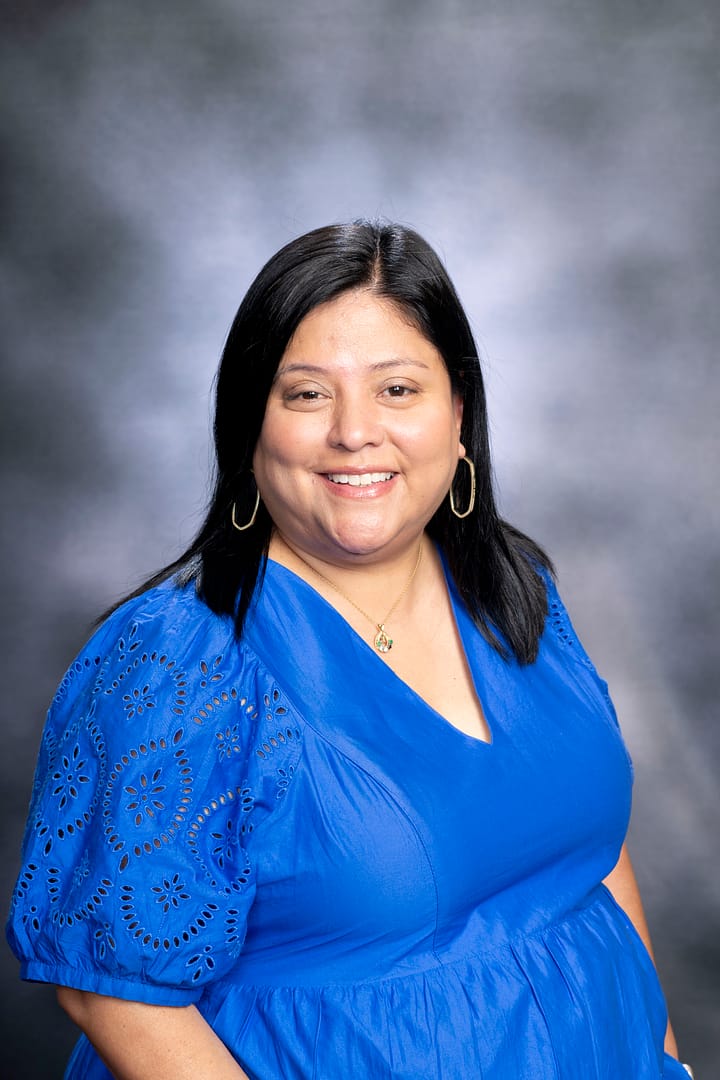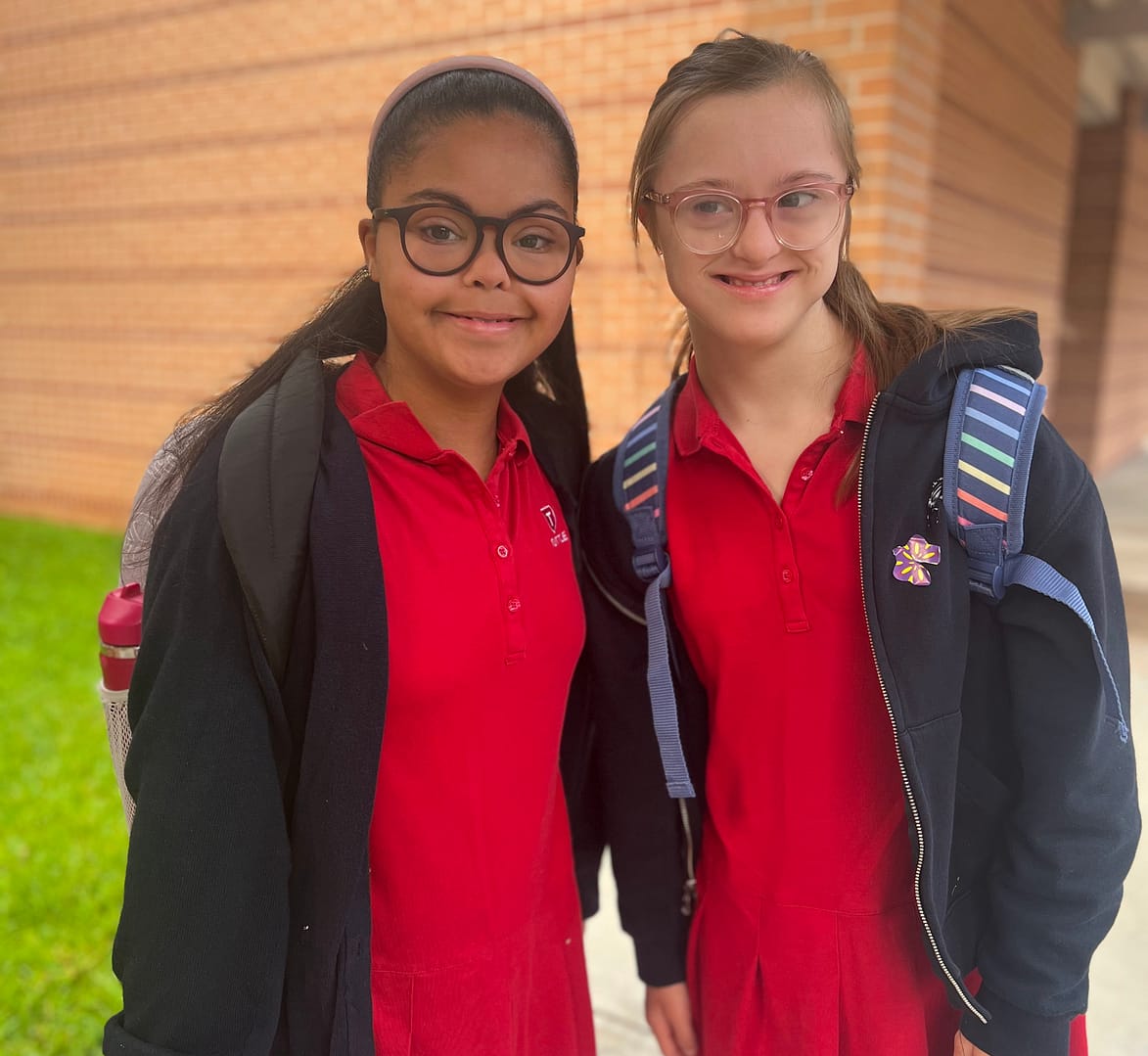Individualized learning plans for each student are developed and tailored to meet the evolving needs, growth and goals for each student.
Director

Student Plan
Each student has an individualized plan with goals and objectives to help them reach their highest potential.
To facilitate this, The Tuttle School has adopted Unique Learning Systems, an online standards-based curriculum program that provides students with meaningful access to general education curriculum. This personalized system engages students with invaluable learning time by providing differentiated lessons and materials. It uses evidence-based teaching strategies with data-driven results.
We assess the following:
- Neurodevelopmental and physiological function
- Academic levels and learning style
- Emotional, behavioral and social development
Our Tuttle School Program begins in our youngest class through our transition program to give students skills and knowledge to become as independent as possible.
Lower Tuttle
- Appropriate Social Skills
- Communication Skills
- Following Directions out in the Community
- Following Schedules
- Grooming Skills
- Respecting Personal Space
- Safety Skills
- School Readiness
- Socially Appropriate Mealtime Skills
- Whole Body Listening
Upper Tuttle
- Flexibility and Compromise
- Hygiene
- Internet Safety
- Kitchen Management and Safety
- Money Management
- Problem Solving
- Self-Advocacy
- Social Media Etiquette
- Teamwork and Collaboration
- Time Management
- Understanding Social Cues
Progression Plan
As students progress, their individualized plans are re-evaluated and new lessons/goals are implemented.
To maximize learning, each classroom is staffed with a teacher and an assistant for up to nine students. Students typically spend two or three years in one academic homeroom before transitioning to the next level homeroom. Matriculation occurs on an individual basis and is determined by a variety of factors including age, social maturation, and class groupings. Although the Tuttle School program is not transcript-based, students receive a certificate of completion upon graduation.
Socialization
Tuttle School considers functional academics as its first priority.
These academic skills can’t be utilized unless the student has appropriate social and life skills within their ability level. In order to enable students to acquire these skills, Tuttle School offers the following specialty classes: a life skills class, a pragmatic language class, art, music, and student council as well as both day and overnight camps for our students in the summer. Students attend each of our specialty classes on a daily basis. In Tuttle School, the teachers work very hard to teach the students to be as independent as possible. Communication and friendship skills are also fostered on a daily basis.
Experiential Learning
Tuttle School provides students with learning activities and experiences designed to help them fulfill their potential for intellectual, emotional, physical, and social growth.
Experiential learning takes place both inside and outside of the classroom. Students are exposed to a variety of opportunities throughout the school year that stimulate development and social growth. Students will engage in many group activities, field trips, and various other group interactions. Our students are constantly exposed to learning in and outside the classroom, while having fun at the same time.
Emphasis is placed on instruction in the following ways:
- Community outreach
- Expressive language
- Multi-modalities
- Multi-sensory approach and hands on learning
- Perceptual motor development
- Vocational opportunities

Preparing for Life After Tuttle
Although everyone’s journey is unique to them, at Tuttle School our staff works to prepare students and families for life after Tuttle.
From the moment students enter our program to the time that they say their farewells, they are immersed in age-appropriate daily living skills and self-help activities. With over fifty years of experience on our side, we have a network of professionals and resources to help families stay informed about the best choices regarding their child’s path beyond Tuttle.
Through interest inventories and student questionnaires, students are able to figure out their preferences to guide them into a job that is unique to them. These tools allow students to get involved in activities that they enjoy and build the necessary skills that will help them succeed in real work experiences. As part of our program, students in the transition class do onsite vocational training.
Transition Class/Pathways (Ages 18-25)
Students at The Tuttle School may grow and learn in a protected environment until they are 25 years old. The Pathways to Transition program builds upon students’ abilities and interests by providing opportunities to work in various community environments under the supervision of a Tuttle School job coach, and/or on campus in a structured work environment.
The program partners with companies to bring jobs on campus, such as assembling baby bags for hospitals, activity boxes for a Houston area company, and tagging plates for a local nursery. Pathway students also make products to sell at local markets. This is a great opportunity for our students to practice social skills, self-advocacy, and job skills.
Unique Learning Systems Transition Curriculum
- Communication Skills and Strategies within School and Community Activities
- Self-Advocacy skills to help behaviors to plan and advocate for personal goals
- Social Strategies to improve Social Skills and Healthy Relationships
Community Based Instruction
- Dining out
- Collecting and delivering donated goods to shelters
- Grocery shopping
- Partnerships with local businesses and hospitals
- Shop for office and school supplies
On-Site Job Coaching (CBVI – Communication-Based Vocational Instruction)
- Area Daycares
- Brookwood
- Chick-fil-A
- Kroger
- MOD Pizza
Tuttle Cafe
For high demand for good coffee for teachers, Pathway students expanded their coffee cart into a cafe to serve all Briarwood and Tuttle staff. The Tuttle Cafe provides the pathway to real life job experience in a safe environment before exploring off-campus jobs. While working in the cafe, students develop skills such as:
- Following sequencing of steps
- Social skills and peer communication
- Operations and maintenance
- Health and hygiene
"Luke has discovered his sense of belonging, love, and leadership capabilities within the Tuttle community. The Tuttle School has been the catalyst for Luke's continued growth and the realization of his potential, which others may have previously overlooked."
Janet Lewis, Tuttle Parent

